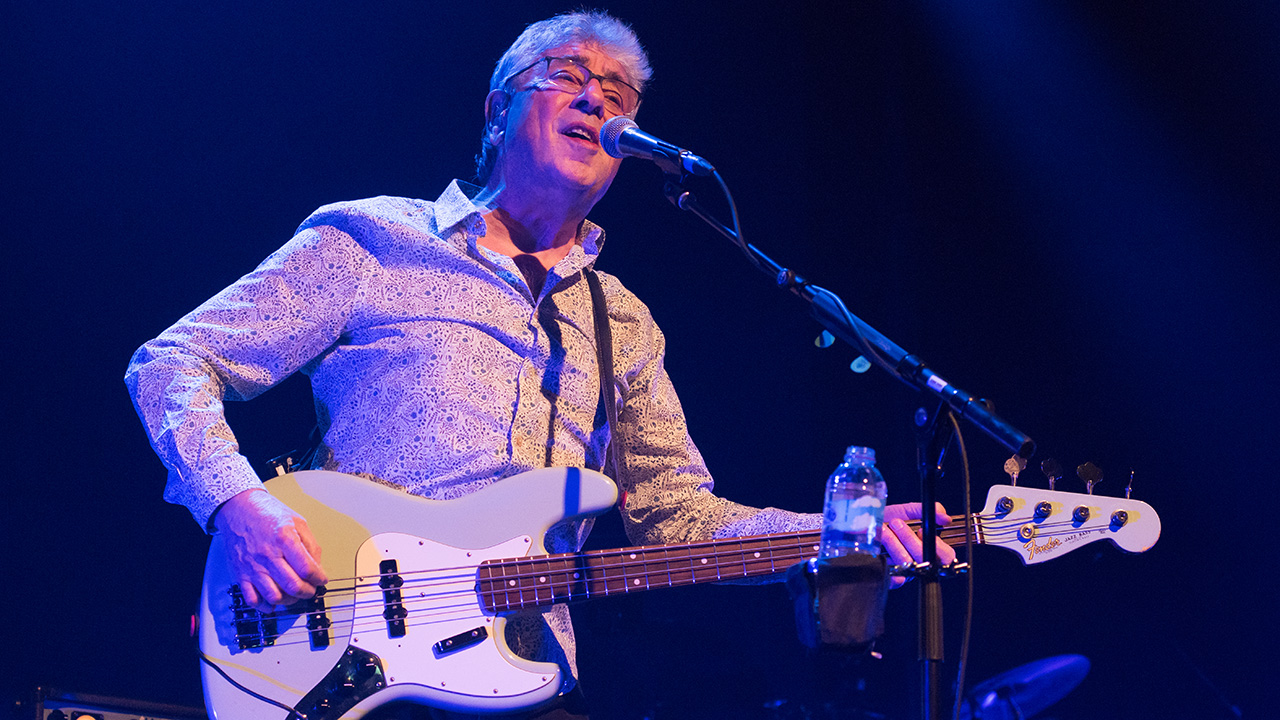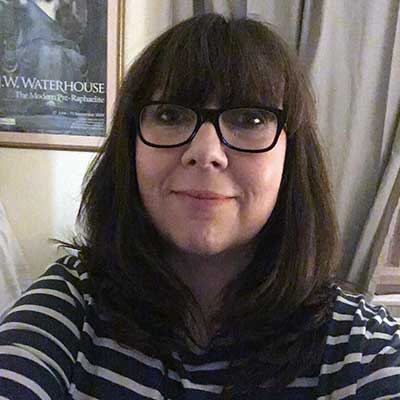From the moment Graham Gouldman handled a guitar he was smitten, and it wasn’t long before the Salford lad was composing for his own bands in the UK pop chart. After a stint as a New York-based bubblegum pop writer, he co-founded the influential art rockers 10cc with Eric Stewart, Kevin Godley and Lol Creme. In 2021, ahead of his line-up’s Ultimate Greatest Hits tour, he looked back with Prog.
You’ve written a lot of hit songs. When you get an idea, what instrument do you reach for?
My guitar, and if that’s not to hand I’ll put it down on my phone.. but if it’s any good I’ll just remember it. It’s a rule most songwriters have – if it’s any good it’ll stay in your head.
You met Kevin Godley and Lol Creme years before 10cc – how?
We were all in different bands and used to rehearse at the Jewish Lads’ Brigade, a club in north Manchester, in the early 60s. I was with a band called The Whirlwinds and I wanted to make them more rocky; I’d heard Kevin play and I thought he was a fantastic drummer, so I recruited him.
We became The Mockingbirds and this solidified my relationship with Kevin and Lol – although Lol wasn’t in the band he was Kevin’s friend and a very good guitar player. We’d jam together anyway; Kevin’s dad had a warehouse in Manchester and we used to go there and play Ravel’s Boléro for an hour.
As a kid you wanted to be a drummer. Did you ever drum for 10cc?
Yeah, but I didn’t stay on the drum stool for very long with Kevin around! I’d had some lessons, but when I was 11 a cousin brought back a guitar from Spain and that changed everything for me. I fell in love with it.
Did your dad, Hymie, influence your writing with 10cc?
Yes, he came up with the phrases “art for art’s sake” and “money for God’s sake.” Good Morning Judge came out of two things; one was the punchline to a joke – “Good morning, Judge!” – and the second was my dad and I talking about prison reforms and prisoners becoming more institutionalised – hence the last verse ‘San Quentin is the place to be, I’m so happy I don’t wanna be free.’
He also helped me come up with some lyrics I wrote in the 60s for The Yardbirds, Hollies and Herman’s Hermits. He was very creative; he wrote plays and poetry. He was my first songwriting partner.
You were a bubblegum pop writer around 1969. How was that?
I worked for producers Kasenetz-Katz and they were great. The music I made I wasn’t so happy about, nor the many session musicians we were using. I left New York because I became a partner in Strawberry Studios in Stockport and I wanted to do all the recording with my guys, who were Kevin, Lol and Eric Stewart.
When did Apple Records become interested in you?
In 1972 Eric and I had written and recorded a song called Waterfall, and Apple were interested in putting it out. We thought it would be good if Kevin and Lol wrote the B-side, and that was Donna. When we recorded it we thought, “There’s something special going on here.”
Anyway, Apple fell through so we got the song to Jonathan King, who ran a new label called UK, and he released it. That was the start of it all with 10cc.
What were the influences for 10cc?
The Beatles, Steely Dan and The Band. We also used humour – you could do that then; there’s no humour in chart music now. Then we had individual influences. Mine would be Burt Bacharach, Hal David and Jimmy Webb, and Kevin and Lol’s would be avant-garde. It was the chemistry between us that made it work.
The records sounded incredible, pushing boundaries...
We were experimental because we had the studio and there was just the four of us in there. Eric was an engineer, so we all got to learn how to record and produce. The Beatles had George Martin; we just had ourselves as influences.
You must have relished playing with new tech.
Hipgnosis were an integral part of what we put out because they had a similar attitude of employing humour and going beyond the norm
It took the music forward – and back. Kevin and Lol invented the Gizmo [an effects device] and did an album that eventually split the band up. That was an awful time and I wish it hadn’t happened... but what we’re left with is the fantastic legacy of the songs, which is why I still tour as 10cc with two members of the Mark II band [Paul Burgess, drums, and Rick Fenn, lead guitar/bass/vocals].
What’s your favourite song that you wrote with Eric?
Dreadlock Holiday – even though we wouldn’t write that lyric now – and I’m Not In Love, which is just magical. When we play it live, I like to see the kind of joy it brings people.
10cc worked with Hipgnosis for many album sleeves. What was that like?
I have very good memories. They were an integral part of what we put out because they had a similar attitude of employing humour and going beyond the norm. I own quite a lot of artwork by them.
What are the plans for The Ultimate Greatest Hits Tour?
It’s going to be slightly different. There’ll be all the hits you’d expect, plus various album tracks, and two new songs, but they’re relevant to 10cc – when you see us you’ll understand why.
Will Kevin make any appearances?
Kevin will appear on video, doing Somewhere In Hollywood.
Is there a chance he might turn up in person at one important venue in particular?
No comment!

